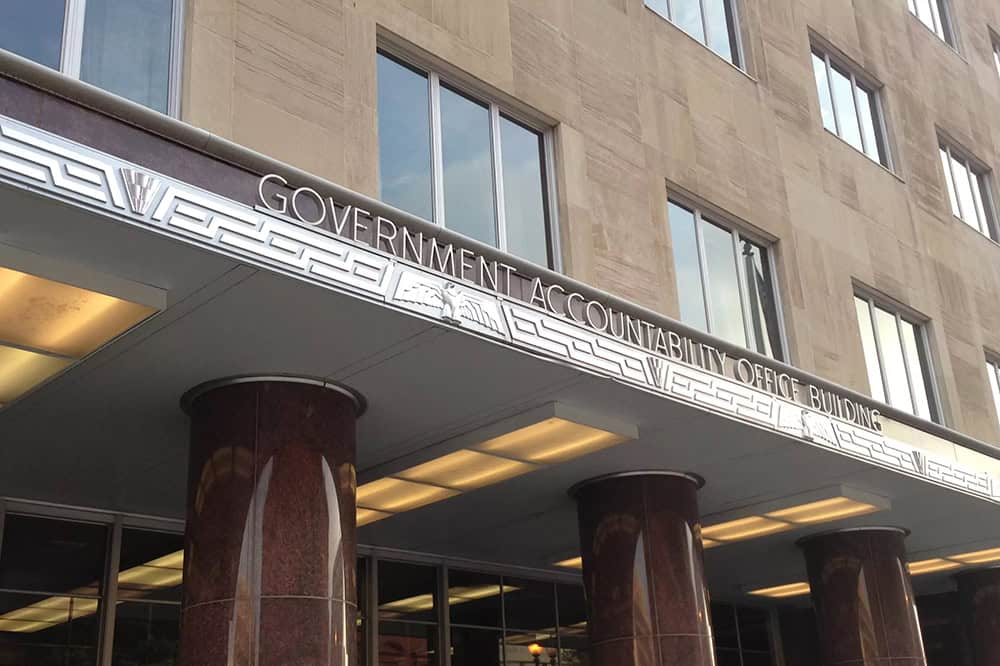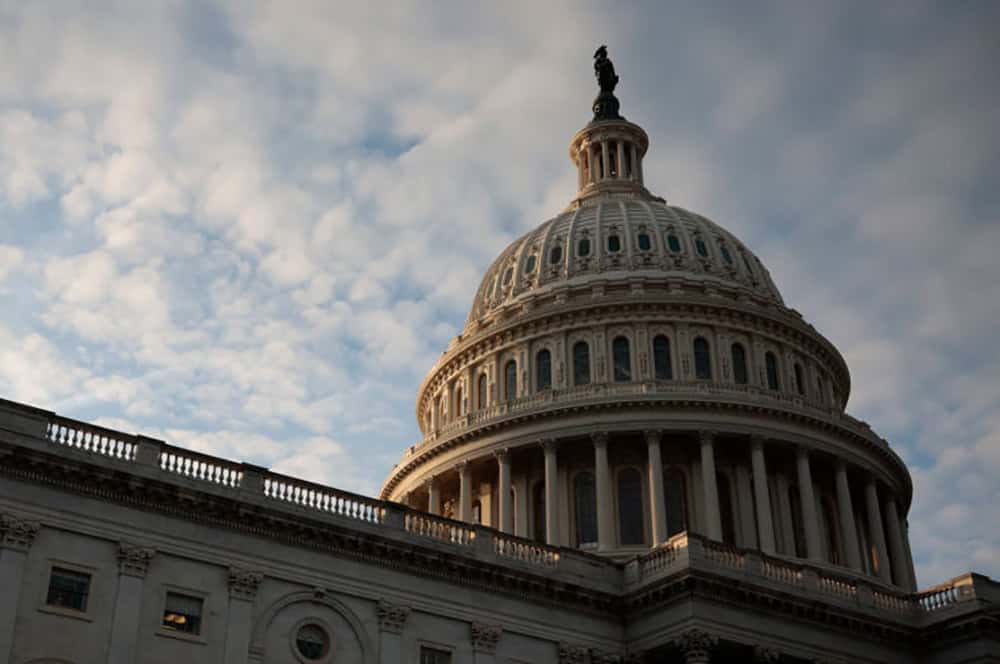Research Teams at Brown to Investigate Solutions to Nine Pressing Pandemic Challenges
The projects, which address problems ranging from mental health to food security to the impact on K-12 education, will receive $643,029 in research support from a new Peterson Foundation fund.
PROVIDENCE, R.I. [Brown University] — With support from a new Peter G. Peterson Foundation Pandemic Response Policy Research Fund, nine research teams at Brown University will investigate the challenges presented by pandemics across public health, health care, fiscal policy, the economy and education in the United States, as well as potential solutions in those areas for policymakers to consider.
Through a competitive submission process, Brown Vice President for Research Jill Pipher and a committee of faculty reviewers selected nine of 21 research proposals for awards ranging from $47,776 to $100,000.
“The selected projects identify pandemic challenges needing solutions,” Pipher said. “They look at its wide-ranging impact to our society, and we believe the projects will advance the national conversation about managing a pandemic in this country. I look forward to the knowledge gained and solutions developed as a result of these investigations.”
Projects awarded include:
- The Slow Economic Violence of COVID-19: Sex Workers, Undocumented Migrants and Refugees Living in Providence. (Elena Shih, American Studies.)
- Supporting Tutors Working with High-Need Students: The Impact of a Social-Emotional Learning Text Messaging Curriculum for Tutors. (Susanna Loeb and Carly Robinson, Annenberg Institute.)
- Designing and Testing an Evidence-Based Program for Physician Burnout. (Judson Brewer, Behavioral and Social Sciences.)
- Linking SARS-CoV-2 Variant Data to Statewide Longitudinal Medical Record Data. (Neil Sarkar, Brown Center for Biomedical Informatics.)
- Complex Predictive Modeling for Evaluating the Impact of a Pandemic in Public Health. (Stavroula Chrysanthopoulou, Biostatistics; Mark Lurie, Epidemiology; and Aditya Khanna, Behavioral and Social Sciences.)
- Explaining COVID-19 Outcome Disparities via Natural Language Processing. (Carsten Eickhoff and Augusto Garcia-Agundez, Brown Center for Biomedical Informatics; and Taneisha Wilson, Emergency Medicine.)
- Using a Behavioral Science Lens to Understand the Determinants of Individuals’ Willingness to be Vaccinated Against COVID-19: A living systematic review. (Kristin Konnyu, Health Services, Policy and Practice; and Lauren Bohlen, Behavioral and Social Sciences.)
- Understanding and Coping with the Long-term Mental Health Impact of COVID-19 Among Immigrant Women in New York City. (Katherine Mason, Anthropology; and Andrea Flores, Education.)
- Developing and Testing a Produce Prescription Implementation Blueprint to Improve Food Security in a Clinical Setting. (Alison Tovar, Behavioral and Social Sciences; and Hannah Frank, Psychiatry and Human Behavior).
Awards from the $1 million fund may be used to pilot entirely new projects and studies or to pivot or scale-up existing projects. Selection criteria included the potential of the research to contribute to understanding pandemics and provide new knowledge or solutions that will impact policy, and the qualifications and diversity of the research team and inclusiveness of project staff and affected communities researched.
“The research insights and analyses from experts at Brown will help lawmakers design solutions to lessen the impact and hasten the recovery from future economic crises,” said Michael A. Peterson, CEO of the Peterson Foundation. “The foundation is pleased to support this vital work to help ensure a stronger fiscal and economic future for our nation.”
A second cycle of project awards will occur in October 2022.
# # #
About the Peter G. Peterson Foundation
The Peter G. Peterson Foundation is a nonprofit, nonpartisan organization that is dedicated to increasing public awareness of the nature and urgency of key fiscal challenges threatening America’s future, and to accelerating action on them. To address these challenges successfully, we work to bring Americans together to find and implement sensible, long-term solutions that transcend age, party lines and ideological divides in order to achieve real results. To learn more, please visit www.pgpf.org.
Further Reading
New CBO Projections Show Lower Short-Term Rates than Previously Expected – but Longer-Term Rates Will Rise
Understanding interest rate trends is critical to the nation’s fiscal outlook because they are a significant factor for interest costs within the budget.
How Much Can DOGE Really Save by Cutting Down on Improper Payments?
The Government Accountability Office (GAO) has tried to quantify the extent of improper payments and estimates that they totaled $236 billion in 2023.
Continuing Resolutions Are Stopgap Measures — But Now We Average Five a Year
While continuing resolutions can help avoid government shutdowns, they should be rarely used. However, CRs have become the norm.


